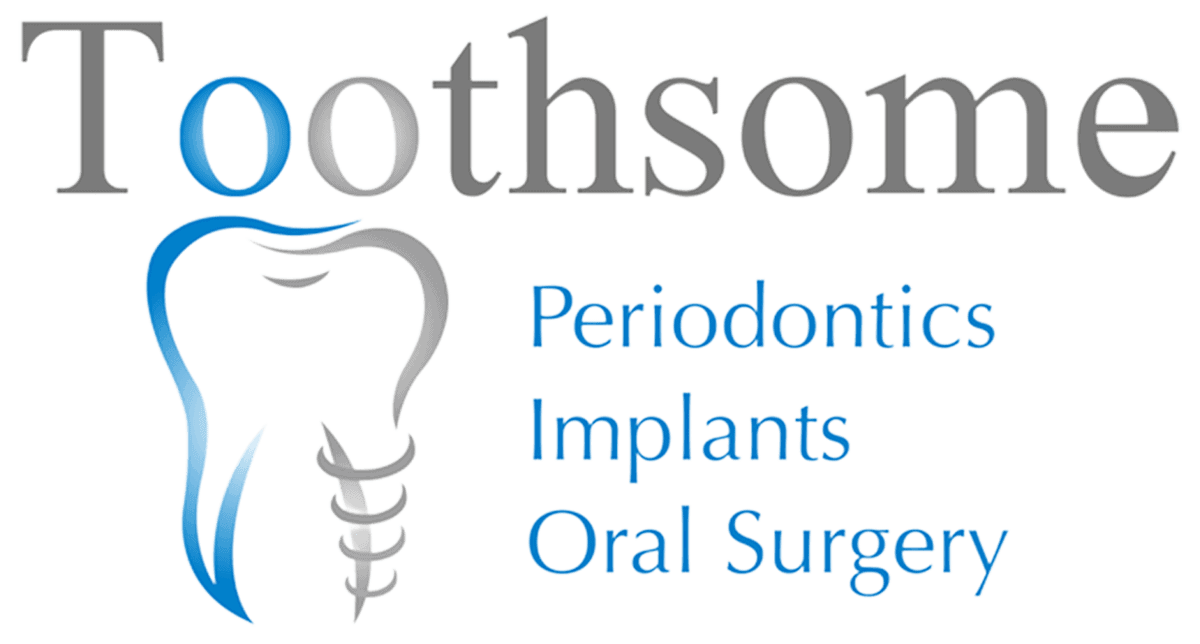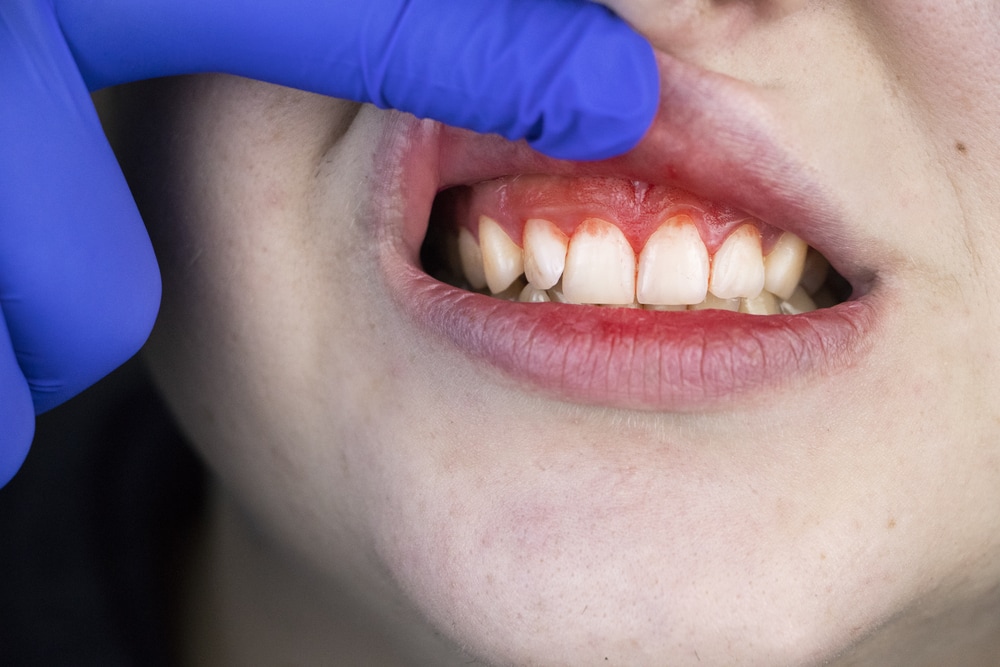Periodontal diseases, commonly referred to as gum diseases, are bacterial infections that affect the gums and the tissues surrounding them. The term periodontal means “around the tooth.” These diseases can be caused by poor oral hygiene, but some individuals are more susceptible to them. If left untreated, this condition can lead to bone loss, causing the underlying bone around the teeth to dissolve.
Dealing with periodontal disease involves more than brushing. Discover comprehensive strategies to combat it and promote overall well-being.
Understanding Periodontal Disease
Periodontal disease, also known as gum disease, is a common inflammatory condition affecting the tissues surrounding the teeth. It begins with the accumulation of plaque, a sticky film of bacteria that forms on teeth. If not removed through proper oral hygiene practices like brushing and flossing, plaque can harden into tartar, leading to gum inflammation known as gingivitis. If left untreated, gingivitis can progress to periodontal disease, causing damage to the gums, bone loss, and potentially tooth loss.
Treatment for periodontal disease varies depending on its severity. Improving oral hygiene practices and professional dental cleanings can help manage the disease in the early stages. However, surgery may be necessary in more advanced cases to repair the damage caused by periodontal disease. Maintaining good oral health through regular brushing, flossing, and dental check-ups is crucial in preventing and managing periodontal disease.
Importance of Professional Dental Cleanings
Regular professional dental cleanings play a crucial role in maintaining optimal oral health and preventing the progression of gum disease. These cleanings are essential in removing plaque and tartar buildup that regular brushing and flossing may not address effectively. Plaque is a sticky film of bacteria that can lead to gum inflammation and eventually progress to periodontal disease if not removed promptly. If plaque hardens, it becomes tartar, which can only be removed by a dental professional.
During a professional dental cleaning, the dentist or dental hygienist will clean your teeth and examine your mouth for signs of any underlying issues. Early detection of oral health problems can prevent them from escalating into more severe conditions like periodontal disease. Furthermore, these cleanings allow individuals to receive personalised advice on proper oral hygiene techniques and lifestyle habits that can contribute to better oral health.
Dietary Choices for Gum Health
A balanced and nutritious diet significantly promotes optimal gum health and prevents oral health problems. Dietary choices can greatly impact gum health by reducing inflammation, fighting plaque buildup, and providing essential nutrients. Foods rich in antioxidants, such as fruits and vegetables, help combat inflammation in the gums, reducing the risk of periodontal disease. Vitamin C, found in citrus fruits and leafy greens, is crucial for gum health as it supports collagen production and strengthens the gum tissue.
Flossing into daily dental care routines is essential for removing plaque and food particles that can lead to gum disease. Alongside regular dental cleanings, a healthy diet can significantly contribute to maintaining good oral health. Encouraging individuals to make mindful dietary choices and practice proper oral hygiene, including flossing, can help prevent gum disease and promote overall well-being. By emphasising the importance of nutrition and dental care, we can empower individuals to take proactive steps towards healthier gums and a brighter smile.
The Role of Antibacterial Mouthwash
To further enhance oral hygiene practices and combat gum disease, exploring the effectiveness of antibacterial mouthwash can provide valuable insights into maintaining optimal gum health. Antibacterial mouthwash plays a crucial role in treating and preventing periodontal disease by targeting harmful bacteria that cause plaque buildup, gum inflammation, gingivitis, and periodontitis.
By incorporating antibacterial mouthwash into daily dental hygiene routines, individuals can effectively reduce the bacteria levels in their mouths, improving oral health outcomes. This mouthwash is a supplementary tool to brushing and flossing, reaching areas in the mouth that may be difficult to clean with traditional methods alone.
For individuals undergoing treatment for periodontal disease, antibacterial mouthwash can aid in controlling bacterial growth and supporting the healing process. Consulting with a dental professional can help determine the most suitable antibacterial mouthwash for specific oral health needs, ensuring a comprehensive approach to gum disease prevention and treatment.
Lifestyle Changes to Support Gum Health
Implementing healthy lifestyle changes is essential for supporting optimal gum health and preventing the progression of periodontal disease. Maintaining good gum health involves a holistic approach beyond just brushing and flossing. One crucial aspect is adopting a healthy diet rich in vitamins and minerals that support gum health, such as vitamin C and calcium. Regular dental check-ups are vital for early detection and management of gum issues.
Furthermore, lifestyle changes like smoking cessation are paramount, as smoking weakens the immune system and hinders gum tissue repair. Stress management techniques can also play a significant role, as high stress levels can contribute to gum disease progression. Proper plaque removal through regular flossing and professional cleanings prevents gum inflammation and infection. By incorporating these lifestyle changes into daily routines, individuals can significantly improve their gum health and reduce the risk of periodontal disease.
Surgical Treatments for Severe Cases
Individuals with severe cases of periodontal disease may require surgical treatments to address advanced gum issues and restore oral health. In cases where periodontal disease has progressed significantly, causing bone loss and damage to gum tissue, surgical intervention may be necessary. Treatment options for severe periodontal disease can include flap surgery, bone or tissue grafts, guided tissue regeneration, and dental implants.
Consultation with a periodontal specialist is crucial to determine the most appropriate surgical procedure based on the individual’s condition. During the consultation, the periodontist will assess the extent of the disease, evaluate the amount of bone loss, and discuss the potential treatment options available.
Surgical procedures for severe cases of periodontal disease aim to reduce pocket depths, regenerate lost bone and tissue, and ultimately restore oral health. Following surgery, proper post-operative care and regular follow-up visits are essential for monitoring healing and ensuring treatment success. By addressing severe periodontal disease through surgical means, individuals can improve their oral health and prevent further complications.
Key Takeaways
In the battle against periodontal disease, maintaining a healthy gum is essential. Like a well-tended garden, our gums require regular care and attention to flourish.
By understanding the importance of professional dental cleanings, making wise dietary choices, using antibacterial mouthwash, and implementing lifestyle changes, we can support our gum health and prevent further damage.
Remember, our gums are the foundation of our oral health – let’s nurture them like the precious gardens they are.
Visit Toothsome Implants in Baulkham Hills, NSW, 2153, for expert dental care and guidance on maintaining healthy gums. Let’s commit to nurturing our gums and preserving our radiant smiles for years.



